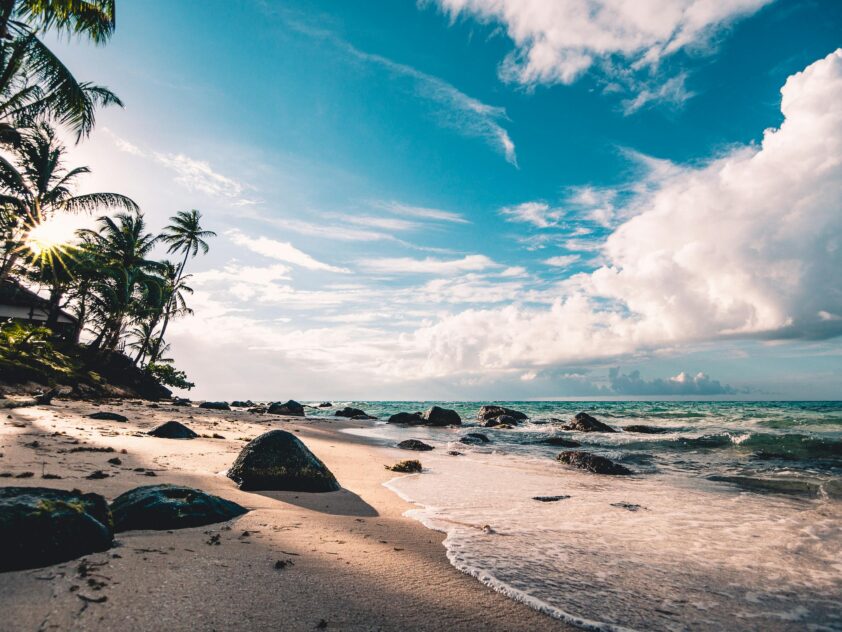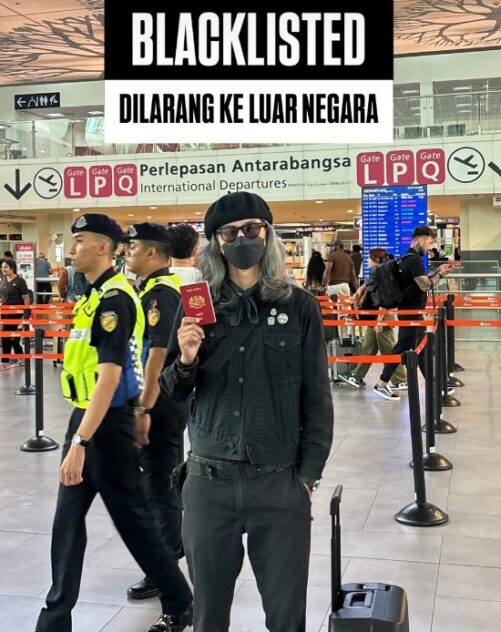HONG KONG: Hong Kong will be lucky to end up like Singapore, or even a second-tier Chinese city.
Police arrested pro-democracy media mogul Jimmy Lai for “foreign collusion” on Monday. Meanwhile, Chief Executive Carrie Lam’s administration has postponed elections and is purging the education system of dissidents.
Businesses might have hoped Hong Kong would settle into a model resembling Singapore, where politics are authoritarian and commercial rule of law is upheld. That looks increasingly far-fetched.
After months of violent demonstrations, followed by the ongoing pandemic, it’s understandable why some in the business community cheered Beijing’s tough new national security law.
Growth in the city contracted 9% year-on-year in each of the first two quarters of 2020; the last thing struggling retail and tourism businesses wanted was more disruption.
Lai’s arrest is the sharpest sign yet that the city’s pro-Beijing camp will strictly implement the controversial legislation and freely go after perceived enemies. The law green-lights arrests, extraditions and secret trials for vaguely defined crimes like sedition and inciting hatred of the government.
On the mainland, authorities censor and arrest at will, but for the most part manage to do so without mass unrest or economic turmoil. The pace of official action in Hong Kong threatens a mess.
So if Singapore’s model is out of reach, many businesses might happily settle for the repressed stability of Shanghai. But even that might be a stretch.
Hong Kong’s social and economic divisions are deeper than those in many mainland cities, for one. Meanwhile, the national security law is already having unintended business ramifications; multinational banks like HSBC and Citi, for example, must decide whether to comply with US President Donald Trump’s sanctions, or with the security law which says such sanctions are illegal.
Internet service providers must also carefully consider their positions.
The city’s awkward political structure, containing both pseudo-democratic bodies and autocratic agencies, has been kept in balance by its independent courts.
Having started the process of weakening their credibility by arresting at will, Beijing will struggle to prevent it from infecting commercial life. – Aug 11, 2020, Reuters









